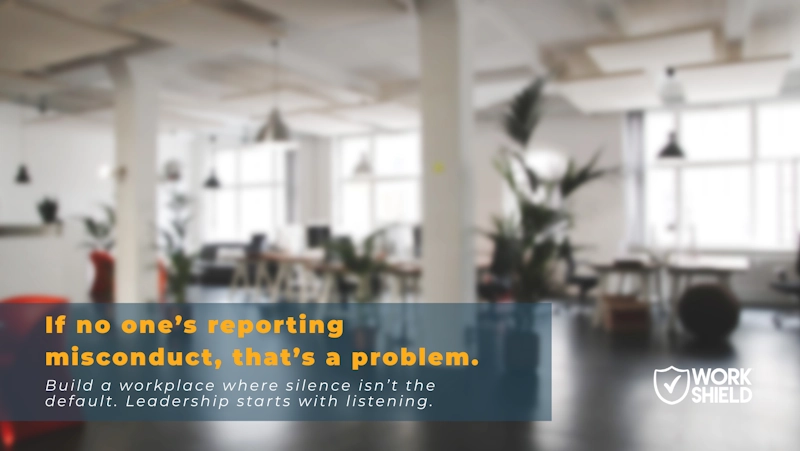As the workforce has evolved over the years, so has misconduct behavior. The types of misconduct experienced by the Baby Boomer generation differ from what the new workforce is facing. According to the Pew Research Center 22 million Americans work from home in 2024 compared to 2,000 in 1983, as reported by Crossover. With America’s workforce changing, general misconduct will continue to change as well.
As workplaces exist across remote, hybrid, and in-office settings, the EEOC has updated the Enforcement Guidance on Harassment in the Workplace to include remote and hybrid work, ensuring safe work environments for both in-person and telecommuting employees.
The Evolution of Workplace Misconduct
About two-thirds of employees with jobs that can be done remotely work in a remote or hybrid setting, according to the Pew Research Center. Although workers may not be in a physical workplace, there is still a risk of workplace misconduct. Unmonitored communication channels and video calls open the door to new forms of misconduct, such as inappropriate messages or unprofessional video backgrounds. Additionally, the dynamics of workplace interactions have become more casual, often leading to overstepping professional boundaries. A new virtual workplace requires an updated approach to reporting misconduct.
The Importance of Proactive Misconduct Management
Regular check-ins with employees and open communication channels, along with monitoring data, can help detect problem areas and mitigate general misconduct. According to Gartner, nearly 60% of workplace misconduct incidents are never reported, often due to fear of retaliation and other factors such as organizational culture and confidence in reporting channels. Comprehensive misconduct management solutions, such as Work Shield, provide a secure method for reporting misconduct, effectively executing misconduct investigations, and providing fair resolution recommendations, so that employees can feel comfortable filing reports.
Neglecting to address workplace misconduct can lead to costly legal fees and associated costs. Reports estimated $20.2 billion worth of annual workplace misconduct financial costs in the United States. Beyond financial loss, not reporting misconduct can create a hostile work environment, which damages the organization’s reputation and bottom line. One way this manifests is in high turnover rates, which can cost organizations around $4,700 per hire.
Proactively managing general misconduct fosters a culture of trust, respect, and integrity within an organization. In turn, employees are more engaged and productive.
Leveraging Data and Analytics for Misconduct Management
Data and analytics enhance the capabilities and efficiency of human resource teams. Work Shield monitors real-time data to identify specific patterns, trends, and problem areas. Rather than rolling out general, organizational-wide training, organizations can streamline a response targeting the specific issue.
Data also reflects resolutions and provides leadership with a greater understanding of organizational health and trends. In fact, 90% of organizational leaders cite data literacy as a key to organizational success.
Building a Safe and Ethical Workplace
The workplace is constantly progressing, and management systems must evolve with it. Not only is a safe workplace vital for employees, but it also provides endless benefits to the organization as a whole. Stress, burnout, and depression stemming from a toxic work environment are proven to be contagious, leading to decreased employee engagement and productivity.
Organizations must move forward with misconduct investigations and the way they approach misconduct behavior to empower employees to speak up. With 88% of employees believing a strong culture is a major factor in organizational success, organizations should utilize the most sophisticated tools available, like Work Shield, and make the best possible decisions.
Work Shield is a comprehensive misconduct management solution with data-backed ROI that helps lower incident rates, the risk of substantial legal and settlement fees, and overall incident-related costs. Its 24/7 reporting process further streamlines the process, offering multi-channel and anonymous reporting solutions to help employees’ voices be heard while giving employers peace of mind that misconduct will be managed from beginning to end.





